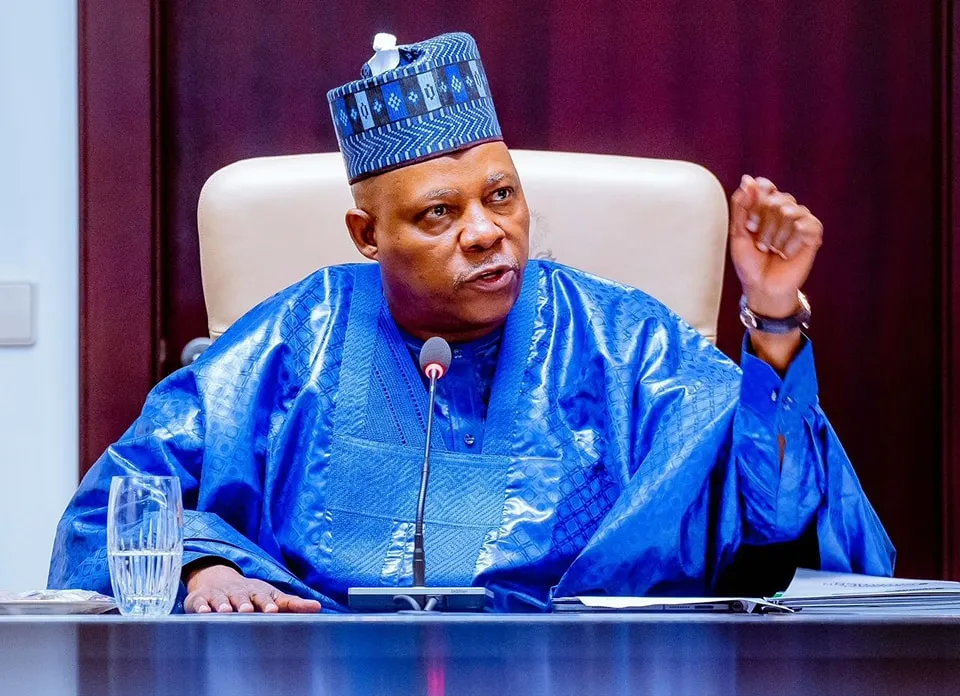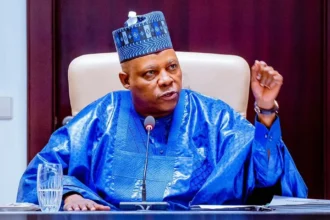Nigeria has experienced a remarkable rise in capital inflows from BRICS nations, with the figure climbing from 439 million USD in the fiscal year ending June 2023 to an impressive $1.27 billion USD by June 2024. This surge, revealed by Vice President Kashim Shettima during the 2024 China-Africa Inter-Bank Association Forum in Abuja, highlights Nigeria’s growing economic ties with key BRICS members, despite not yet being a formal member of the group.
In his address, Shettima emphasized Nigeria’s openness to strategic alliances that align with the country’s growth objectives. He noted the country’s continued engagement with BRICS, underscoring the importance of partnerships in driving its economic development. “Nigeria has always been open to strategic alliances that support our domestic growth goals,” he remarked, referring to the nation’s participation in last year’s BRICS Summit in South Africa.
Nigeria’s Growing Relationship with BRICS
Although South Africa, Ethiopia, and Egypt are the only African members of the BRICS group, Nigeria has established strong connections with the bloc through various partnerships, notably with China. In recent months, Nigeria has signed five new agreements with China, including projects under the Belt and Road Initiative (BRI). These agreements are expected to play a crucial role in advancing Nigeria’s infrastructure development, which has been a major focus of the government in recent years.
According to Shettima, the agreements will not only foster infrastructure growth but will also strengthen Nigeria’s already robust commercial ties with China. This cooperation is seen as pivotal for boosting job creation and expanding economic opportunities across the continent. Key players in this partnership, such as the First Bank of Nigeria and the China Development Bank, have highlighted their roles in reinforcing the economic relationship between China and Africa.
A Step Towards BRICS Membership?
While Nigeria is not yet part of the BRICS grouping, the country has expressed a keen interest in joining the bloc. In February and March of 2024, Nigerian officials reaffirmed their intention to apply for BRICS membership. Minister of Foreign Affairs Yusuf Tuggar remarked that the application process would require careful deliberation, involving various internal bodies and interest groups before any decision is made.
Despite the fact that Nigeria is not a full BRICS member, it continues to deepen its engagement with the group and remains optimistic about future opportunities to formalize its role. The recent increase in capital inflows from BRICS nations reflects the growing influence and economic importance of Nigeria in the region.
Conclusion
Nigeria’s relationship with BRICS nations, particularly China, continues to strengthen, with substantial financial inflows supporting the country’s infrastructure development and commercial growth. As Nigeria pursues closer ties with the BRICS group, its strategic partnerships in the coming years will be crucial for shaping the nation’s economic trajectory. With increasing foreign capital inflow and new infrastructure projects, Nigeria’s economic future looks promising.









